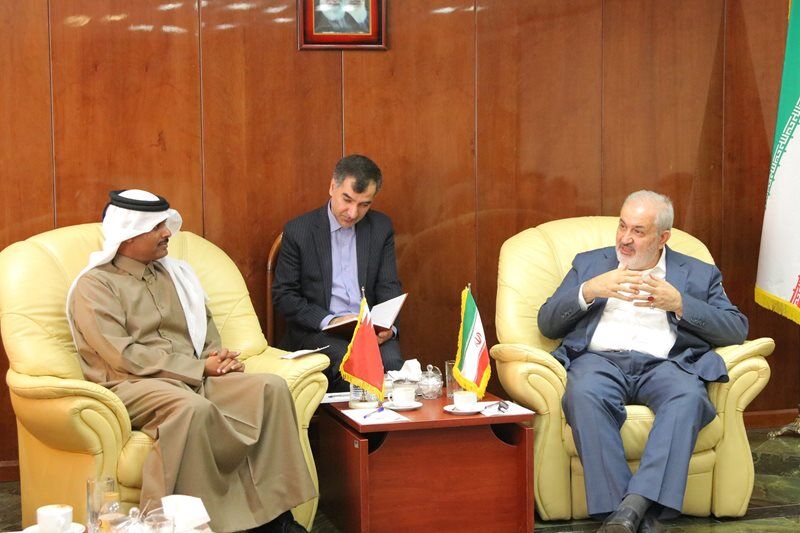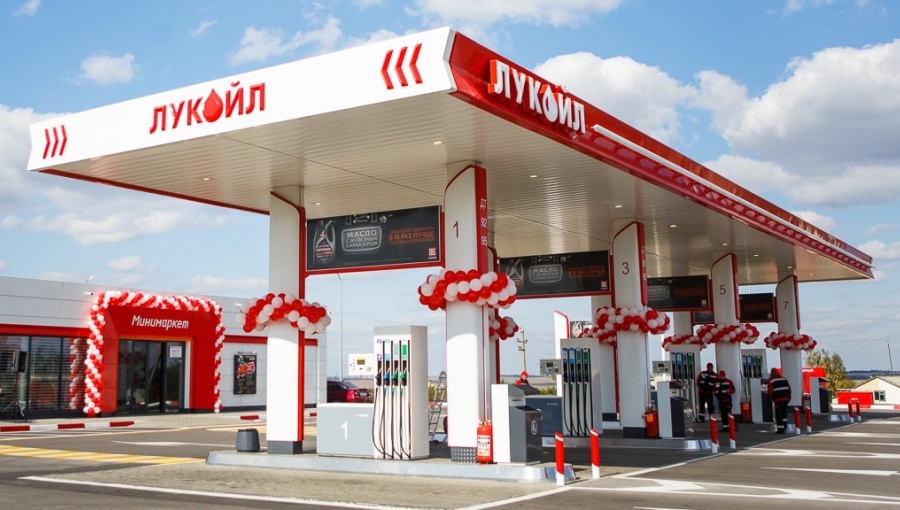
Consumers in Qatar will soon be less reliant on carrying cash as several local banks roll out mobile technology that makes it easier for taxi operators, food delivery drivers, corner stores and other businesses to accept credit and debit cards.
Last week, Doha Bank displayed its new payment system – known as a mobile point-of-sale terminal – at an evening conference on digital retail technologies.
Merchants register with their bank and then download an app to their smartphone, which communicates with a palm-sized card reader that resembles a calculator. After punching in the purchase amount, the retailer hands the device to the customer who enters their PIN. A digital receipt can then be sent via email.
“This is a very humble effort, but we are working towards moving to a cashless society,” a Doha Bank manager told Doha News. He declined to be identified because he was not allowed to speak to the media.
Similar devices are available in other countries from startup companies such as Square as well as established companies such as MasterCard.
The Doha Bank official conceded that several other local banks are working on similar technology, but was unable to give a timeline on when Doha Bank would start offering the devices to its clients.
Few cards in circulation
The Doha Bank manager said the limitations of most card-reading point-of-sale terminals currently on the market act as a disincentive for some businesses to accept credit and debit cards as payments.

These include the relative bulkiness of some hand-held devices, which typically print a paper receipt, as well as the need to connect the terminal to a telephone landline. The new devices will be primarily targeted at businesses that interact with customers in various locations, such as delivery services.
He also said that cost can be a factor, although he declined to say how much merchants would have to pay to use Doha Bank’s devices, except to claim that it would vary – depending on the customer’s bank plan – and be roughly one-third of the price of a typical point-of-sale device.
More broadly, relatively low credit and debit card penetration rates in Qatar means that many merchants may have minimal incentives to accept anything other than cash.
A report released earlier this year by online payments firm Payfort estimated that there are approximately 900,000 credit and debit cards in circulation in Qatar.
Measured another way, the same report calculated that Qatar’s card penetration rate per capita was 45 percent – less than Kuwait (97 percent), the UAE (89 percent) or Saudi Arabia (46 percent).

Part of the reason may be that many blue-collar migrant workers in Qatar are paid in cash and don’t have a bank account. Some financial institutions require customers to be earning a minimum salary to open an account, and some low-income workers have said they don’t see the point as all their money they earn is spent on day-to-day expenses or sent home to family members.
However, a new law is expected by the end of the year that would force companies to directly deposit wages into an employee’s bank account.
While the intention is to make it easier to track and document late or non-payment of salaries, it could also force more residents to open bank accounts and lead to more debit cards in circulation.
Thoughts?







